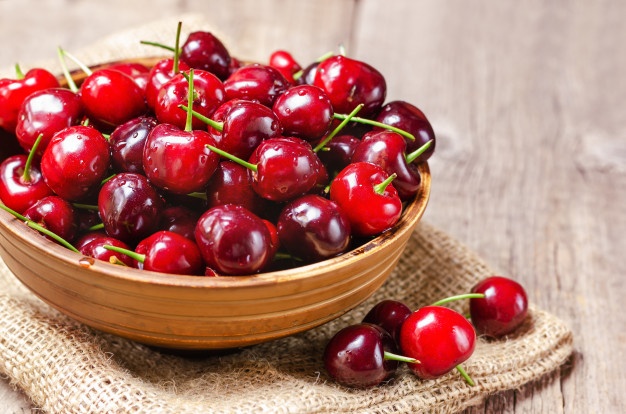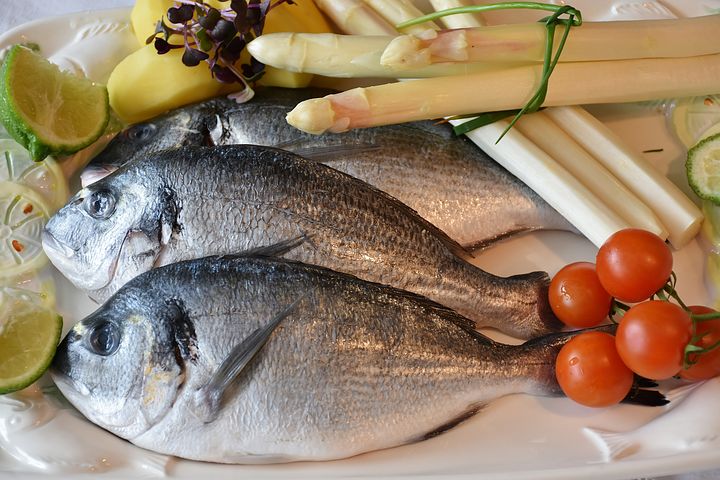Sleep affects every aspect of health. Fortunately, some foods and drinks contain compounds that help control parts of the sleep cycle, meaning that they may help a person both fall and stay asleep. Sleep quality and duration can affect a wide array of conditions, including: Obesity, Diabetes, Cardiovascular disease, Hypertension etc, however, getting enough sleep can be tricky.
Many chemicals, amino acids, enzymes, nutrients, and hormones work together to promote good sleep and regulate the sleep cycle. These include: tryptophan, melatonin, gamma-aminobutyric acid (GABA), calcium, potassium, magnesium, pyridoxine, L-ornithine, serotonin, histamine, acetylcholine, folate, antioxidants, vitamin D, B vitamins, zinc, copper.
Although lots of foods contain low levels of these sleep-promoting compounds, only some have high concentrations that could potentially affect a person’s sleep cycle. Taking both traditional knowledge and scientific research into account, as well as nutritional profiles, here are some of the best foods and drinks for sleep:
Almonds

Almonds are a healthy evening snack, as they are high in good fats and low in sugar and saturated fats. They are rich in melatonin, which supports regular sleeping patterns. They also contain high doses of melatonin, a hormone that helps regulate the sleeping and waking cycle.
Warm milk

Warm milk is a common home remedy for sleeplessness. Milk contains four sleep-promoting compounds: tryptophan, calcium, vitamin D, and melatonin. Low-fat milk is also a great snack because it is nutritious and low in calories.
Kiwifruit

Some research has looked at the link between kiwi consumption and sleep. In one small study, people who ate two kiwifruits 1 hour before bedtime for 4 weeks experienced improved total sleep time and sleep efficiency and also took less time to fall asleep. If kiwi is beneficial for sleep, this may be because the fruit contains many sleep-promoting compounds, including: melatonin, anthocyanins, flavonoids, carotenoids, potassium, magnesium, folate and calcium.
Chamomile tea

Chamomile tea is popular for its calming properties. The herb chamomile is a traditional remedy for insomnia. Researchers think that a flavonoid compound called apigenin is responsible for chamomile’s sleep-inducing properties. Although research has found only weak evidence that chamomile may improve sleep quality, having a warm cup of tea can be a soothing ritual to help a person mentally prepare for bed.
Walnuts

Walnuts contain a few compounds that promote and regulate sleep, including melatonin, serotonin, magnesium, potassium, folate and calcium. Each 100-g serving of walnuts also contains other nutrients that can help sleep.
Tart cherries

Cherries are rich in four different sleep-regulating compounds: melatonin, tryptophan, potassium, and serotonin. Researchers speculate that antioxidants called polyphenols in tart cherries may also influence sleep regulation. Tart cherries also make a good snack before bed because they are rich in fiber, vitamin C, and vitamin E.
Fatty fish

Fatty fish may help improve sleep because they are a good source of vitamin D and omega-3 fatty acids, two nutrients that help regulate serotonin. Serotonin is largely responsible for establishing a fixed sleeping and waking cycle. Fatty fish are typically also high in a few other sleep-promoting nutrients.Top of ForBottom of Form
Lettuce

Lettuce and lettuce seed oil may help treat insomnia and promote a good night’s sleep. Some people claim that lettuce has a mild sedative-hypnotic effect. Researchers believe that most of lettuce’s sedative effects are due to the plant’s n-butanol fraction, specifically in a compound called lactucin.
High-protein, low-fat foods.

Higher-protein diets have been associated with improved sleep compared to low-protein diets. Choose mainly lean sources of protein to limit your intake of saturated fat. An example is Turkey. Turkey contains L-tryptophan, an essential amino acid that the body uses to create niacin, or vitamin B3, which then helps produce the chemical serotonin and the hormone melatonin, both of which are associated with sleep.
Whole grain oats

Complex carbs and fiber help increase the ability to stay asleep and decrease daytime sleepiness. A few examples of complex carbs include starches such as grains, potatoes, beans, whole-grain cereal or bread, and oatmeal. On the other hand, simple carbs like soda and fruit juice from concentrate, and often highly processed treats such as cookies and candy bars, have been associated with increased fatigue and are likely to cause a disruption in sleep.
Aside from foods, other traditional or alternative remedies that can improve sleep include: valerian, St. John’s wort, passionflower tea and kava. It is best to speak with a doctor before taking any new supplements to ensure that they will not interact with other medications or supplements or affect any existing medical conditions.
Natural remedies.

Some lifestyle and diet choices can also help improve sleep and a person’s sleep cycle. These include:
- Avoiding foods that can cause heartburn, such as spicy or rich foods
- Avoiding foods and drinks that contain caffeine close to bedtime
- Choosing whole-grain foods in place of white bread, white pasta, and sugary foods
- Avoiding skipping meals
- Staying hydrated
- Exercising regularly
- Finishing eating more than 2–3 hours before bedtime
To get the potential benefits of some sleep-promoting foods, try eating them a few hours before bed to reduce the risk of indigestion and acid reflux.
